Home>Renovation & DIY>Home Renovation Guides>What Are The Employment Requirements For Getting A 2nd Mortgage For Home Improvements?
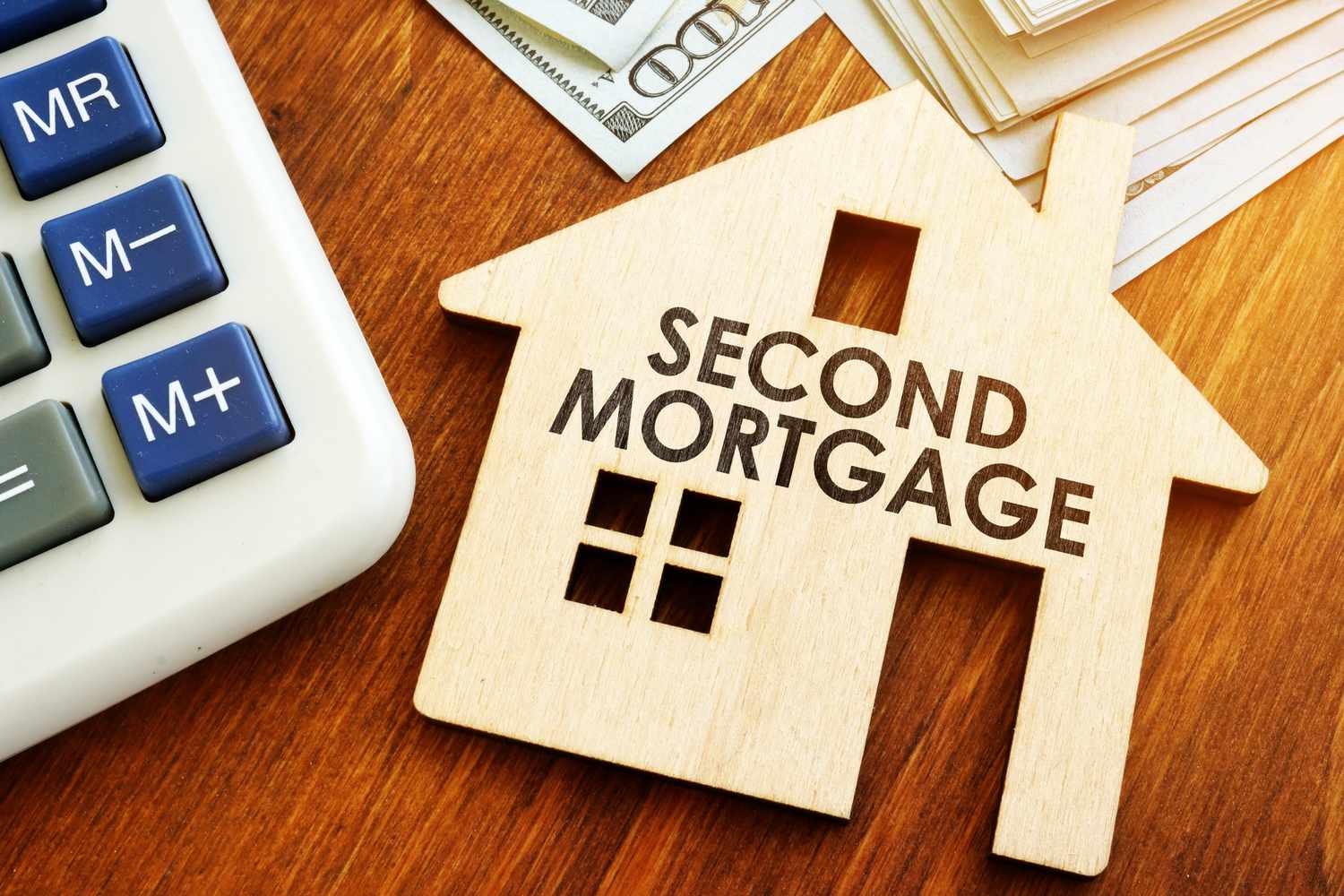

Home Renovation Guides
What Are The Employment Requirements For Getting A 2nd Mortgage For Home Improvements?
Modified: January 4, 2024
Learn the essential employment requirements for securing a second mortgage to fund your home renovation project. Find expert guidance and tips for home improvement financing.
(Many of the links in this article redirect to a specific reviewed product. Your purchase of these products through affiliate links helps to generate commission for Storables.com, at no extra cost. Learn more)
Introduction
Are you considering making significant improvements to your home, such as renovating the kitchen, adding a new bathroom, or enhancing your outdoor living space? If so, you may be exploring financing options to fund these projects. One avenue to consider is obtaining a second mortgage, which can provide the financial means to turn your home improvement dreams into reality.
In this comprehensive guide, we will delve into the employment requirements for securing a second mortgage for home improvements. Understanding the criteria and documentation needed for this financial endeavor is crucial to ensure a smooth application process and increase your chances of approval. Whether you are a seasoned homeowner or a first-time buyer, this article aims to provide valuable insights into the employment prerequisites for obtaining a second mortgage, empowering you to make informed decisions about your home improvement financing options.
Key Takeaways:
- To get a second mortgage for home improvements, you need a stable job and enough income to cover the loan. Prepare documents like pay stubs and tax returns to show your financial stability.
- Lenders also consider your home’s equity, credit score, and debt-to-income ratio. Understanding these factors and providing the right documentation can increase your chances of getting the funds for your home upgrades.
Read more: How To Get A Mortgage For Home Improvements?
Understanding Second Mortgages
Before delving into the specific employment requirements for securing a second mortgage for home improvements, it’s essential to grasp the fundamentals of second mortgages. A second mortgage, also known as a home equity loan, is a loan taken out against the equity in your home, which is the difference between the property’s current market value and the outstanding balance on your primary mortgage. This type of loan allows homeowners to access a substantial amount of funds by leveraging the equity they have built up in their property over time.
Unlike refinancing, where a new mortgage replaces your existing one, a second mortgage is an additional loan that coexists with your primary mortgage. Second mortgages are commonly used for large expenses, such as home improvements, debt consolidation, or major purchases, and they are secured by the value of your home. This means that if you default on the loan, the lender has the right to foreclose on your property to recover the outstanding debt.
Second mortgages typically come with fixed interest rates and set repayment periods, providing borrowers with predictable monthly payments over the life of the loan. The loan amount you can qualify for is contingent on factors such as your credit score, income, and the amount of equity in your home. Understanding the intricacies of second mortgages and how they function is pivotal in making informed decisions about utilizing this financial tool for your home improvement endeavors.
Employment Requirements for Second Mortgages
When seeking a second mortgage for home improvements, lenders typically assess your employment status and income stability to gauge your ability to repay the loan. Employment requirements for second mortgages vary among lenders, but there are common criteria that applicants must meet to qualify for this type of financing.
Stable Employment: Lenders prefer borrowers who demonstrate stable employment history. While specific tenure requirements may vary, having a consistent job for at least two years is often viewed favorably. This showcases your ability to generate a reliable income, which is crucial for meeting the repayment obligations of a second mortgage.
Income Verification: Lenders will scrutinize your income to ensure that it is sufficient to cover the additional financial responsibility of a second mortgage. This includes assessing your gross monthly income and comparing it to your existing debt obligations. A debt-to-income ratio is calculated to determine if you have the financial capacity to take on a second mortgage without being overburdened by excessive debt.
Self-Employment Considerations: If you are self-employed, the employment requirements for a second mortgage may differ. Self-employed individuals are typically required to provide additional documentation, such as tax returns and profit-and-loss statements, to verify their income stability and business viability.
Understanding the specific employment prerequisites set forth by lenders is crucial when considering a second mortgage for home improvements. By meeting these requirements, you can bolster your eligibility for this type of financing and increase the likelihood of securing the funds needed to enhance your home.
Before applying for a second mortgage for home improvements, make sure you have a stable job with a steady income, a good credit score, and a low debt-to-income ratio. Lenders will also consider the amount of equity you have in your home.
Documentation Needed for Employment Verification
When applying for a second mortgage for home improvements, you will be required to provide documentation to verify your employment and income stability. Lenders use this information to assess your financial capacity to take on additional debt and to ensure that you have the means to repay the loan. Understanding the documentation needed for employment verification is essential for a smooth application process.
Pay Stubs: One of the primary documents used to verify employment and income is your recent pay stubs. These documents provide a snapshot of your earnings and can demonstrate consistent income over a specific period. Lenders may require several months’ worth of pay stubs to assess your income stability.
Employment Verification Letter: Some lenders may request an employment verification letter from your employer. This letter typically includes details such as your job title, employment status (full-time, part-time, or contract), and your income. It serves as a formal confirmation of your employment and can provide additional reassurance to the lender regarding your financial stability.
Bank Statements: Your bank statements can offer insights into your financial habits and provide further evidence of a steady income. Lenders may review your bank statements to verify regular deposits, which can corroborate the information provided through pay stubs and employment verification letters.
Tax Returns: Self-employed individuals or those with additional sources of income may be required to submit tax returns as part of the employment verification process. Tax returns offer a comprehensive overview of your income and can validate the financial information presented in other documents.
By preparing and organizing these essential documents for employment verification, you can streamline the application process for a second mortgage and present a compelling case to lenders regarding your employment stability and financial capacity to take on additional debt for home improvements.
Other Requirements for Obtaining a Second Mortgage
Aside from the employment and income verification, there are additional requirements and considerations when pursuing a second mortgage for home improvements. Understanding these factors can help you navigate the application process and increase your chances of securing the financing needed to enhance your home.
Equity in Your Home: Lenders typically require a certain level of equity in your home to qualify for a second mortgage. The amount of equity you have built up in your property plays a significant role in determining the loan-to-value ratio, which is a key factor in the approval process. A higher equity stake can improve your eligibility and may result in more favorable loan terms.
Credit Score: Your credit score is a critical component in the second mortgage application process. Lenders assess your creditworthiness to gauge the level of risk associated with extending a loan. A strong credit score can enhance your prospects of securing a second mortgage and may lead to more favorable interest rates and terms.
Debt-to-Income Ratio: In addition to evaluating your income, lenders also consider your debt-to-income ratio. This ratio compares your monthly debt obligations to your gross monthly income and helps lenders assess your ability to take on additional debt without becoming financially strained. Maintaining a healthy debt-to-income ratio can bolster your application for a second mortgage.
Property Appraisal: Lenders typically require a professional appraisal of your property to determine its current market value. This valuation helps establish the maximum loan amount you can qualify for based on the equity in your home. A favorable property appraisal can positively impact your loan approval and the terms offered by the lender.
By understanding these additional requirements and factors, you can proactively address key aspects of the second mortgage application process. This knowledge empowers you to prepare effectively, present a strong application, and increase your likelihood of obtaining the financing necessary to embark on your home improvement projects.
Conclusion
Securing a second mortgage for home improvements can be a viable option for homeowners seeking to finance significant renovation projects or upgrades. Understanding the employment requirements and additional prerequisites for obtaining a second mortgage is crucial for navigating the application process and increasing the likelihood of approval. By meeting these requirements and presenting a compelling case to lenders, you can position yourself for success in securing the financing needed to enhance your home.
From demonstrating stable employment and income verification to addressing factors such as equity, credit score, and debt-to-income ratio, thorough preparation and organization are key to a successful application. By providing the necessary documentation for employment verification, such as pay stubs, employment verification letters, bank statements, and tax returns, you can streamline the process and present a comprehensive picture of your financial stability to lenders.
Moreover, understanding the fundamentals of second mortgages, including their function, benefits, and potential impact on your financial well-being, is essential for making informed decisions about leveraging this financial tool for your home improvement endeavors. By grasping the intricacies of second mortgages and the criteria set forth by lenders, you can approach the application process with confidence and increase your chances of securing the necessary funds to bring your home improvement visions to life.
Ultimately, by proactively addressing the employment requirements and additional prerequisites for obtaining a second mortgage, you can position yourself for success in securing the financing needed to embark on transformative home improvement projects, elevating the comfort, functionality, and value of your home.
Frequently Asked Questions about What Are The Employment Requirements For Getting A 2nd Mortgage For Home Improvements?
Was this page helpful?
At Storables.com, we guarantee accurate and reliable information. Our content, validated by Expert Board Contributors, is crafted following stringent Editorial Policies. We're committed to providing you with well-researched, expert-backed insights for all your informational needs.
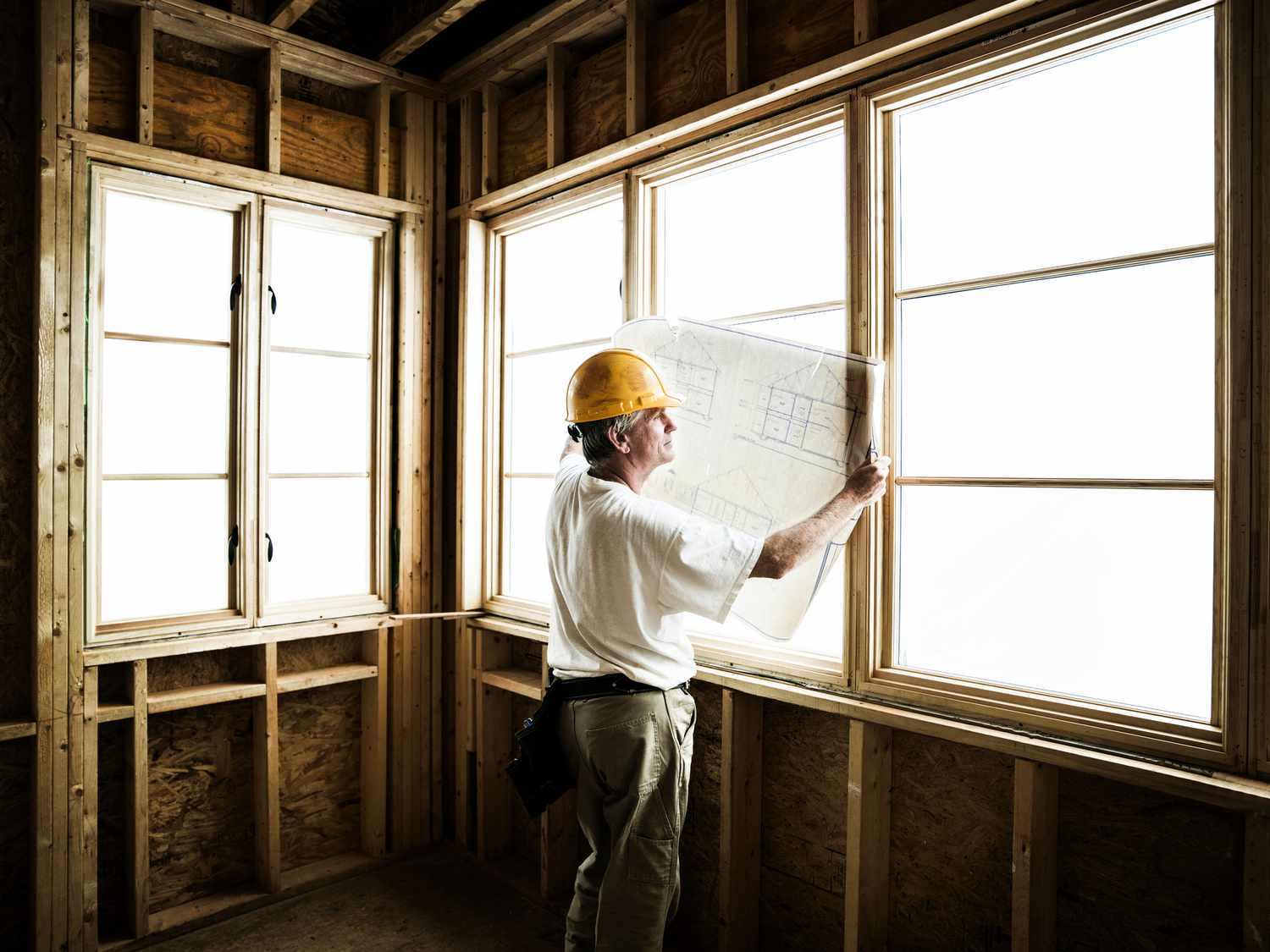
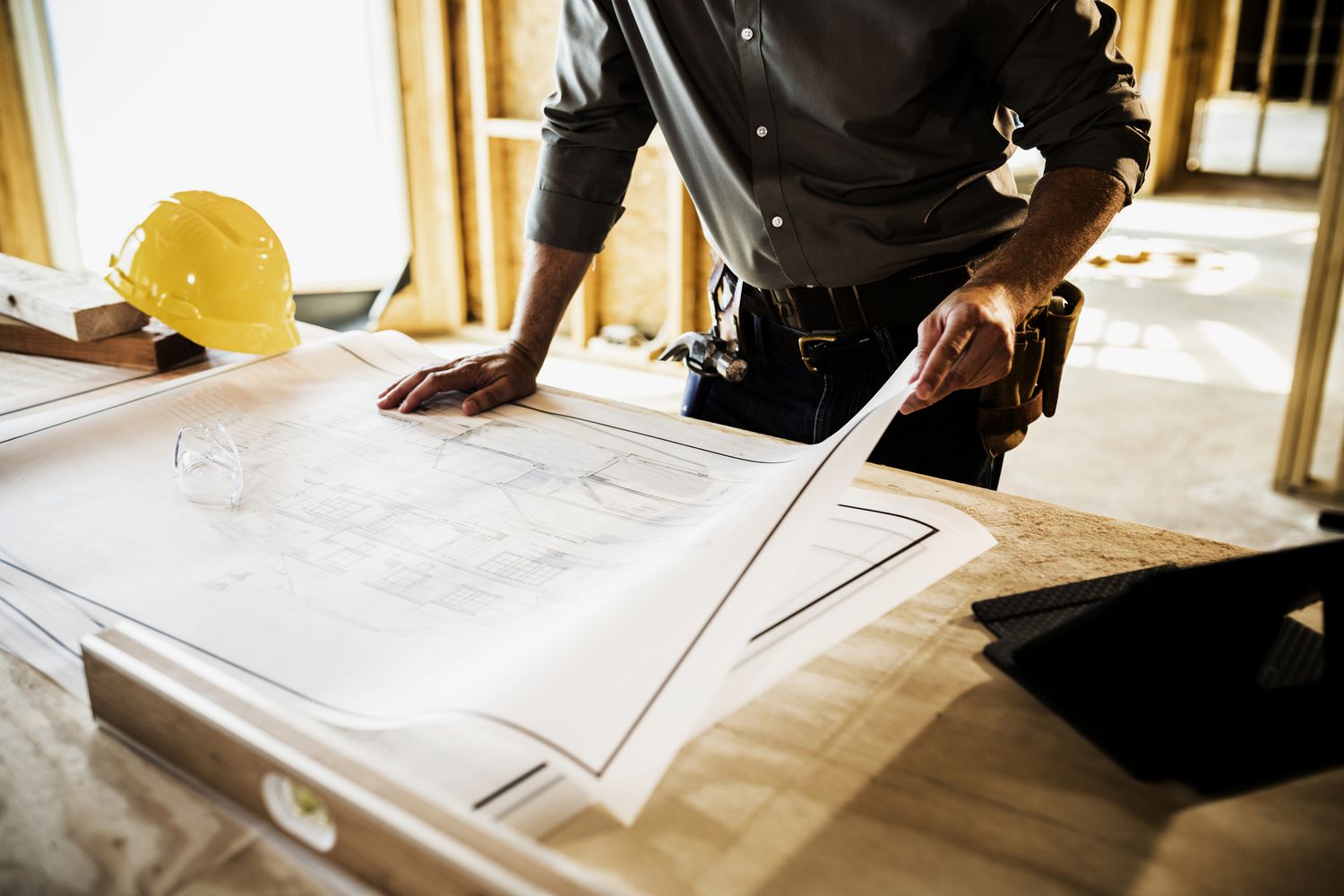
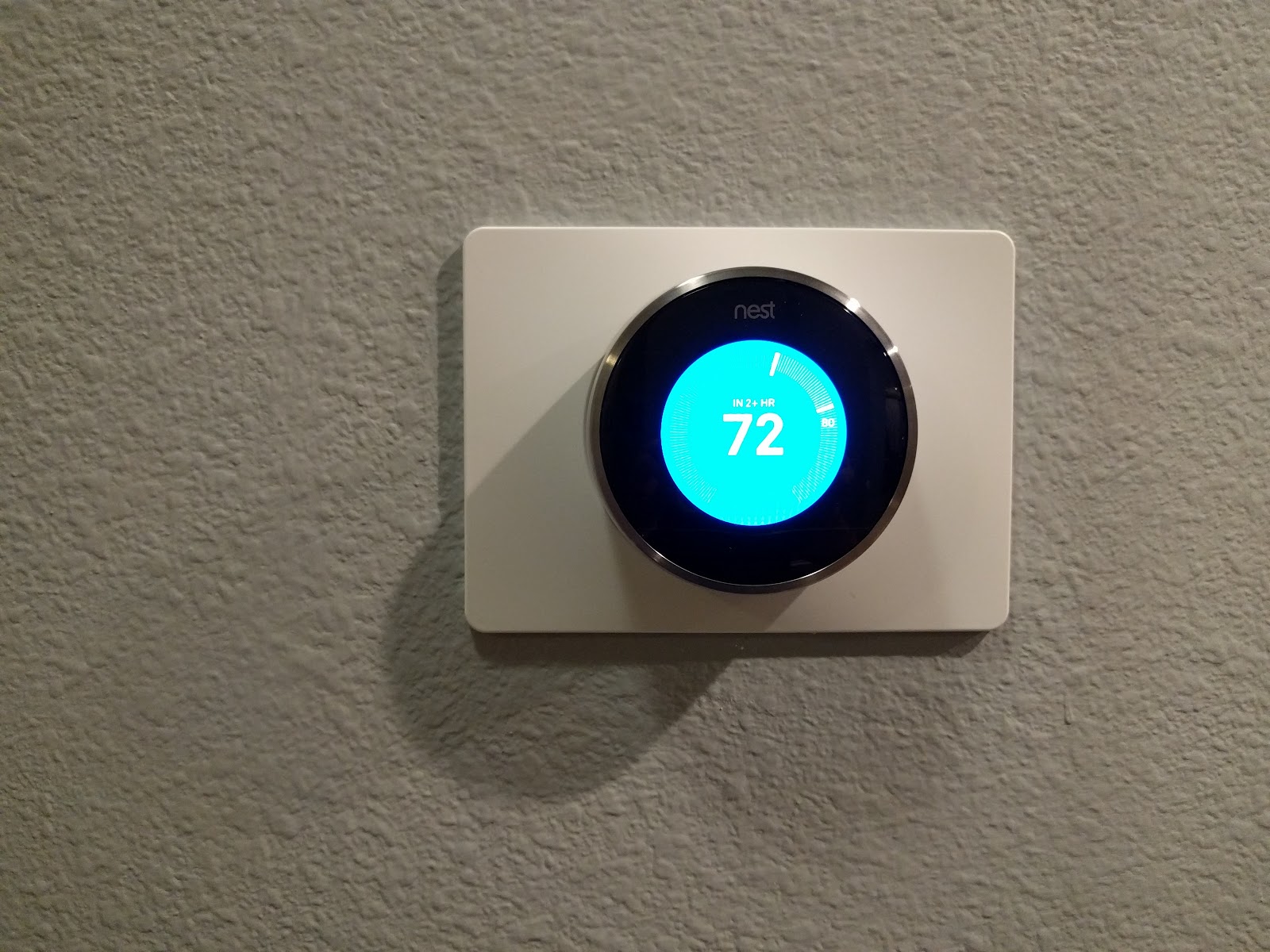
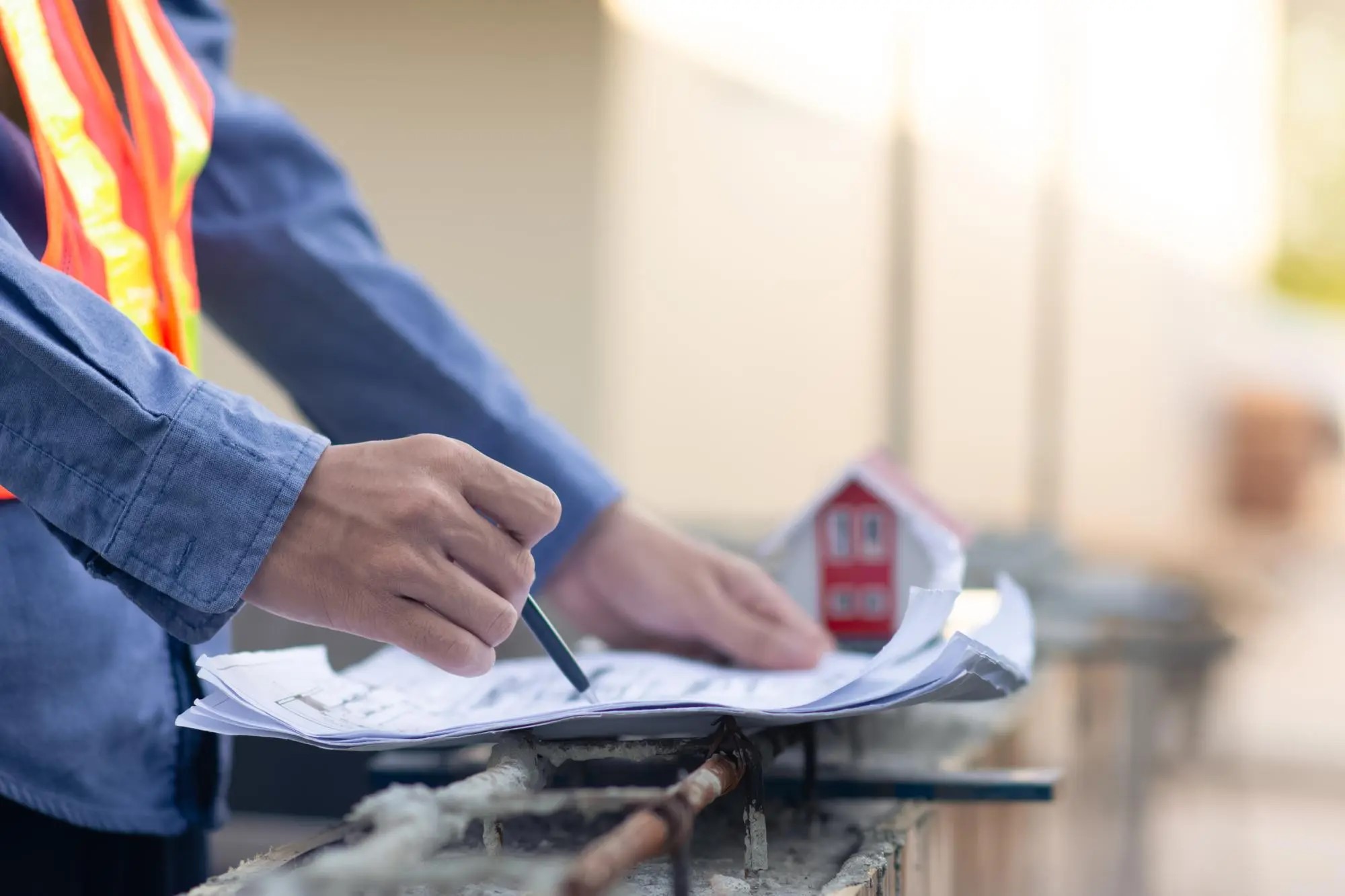
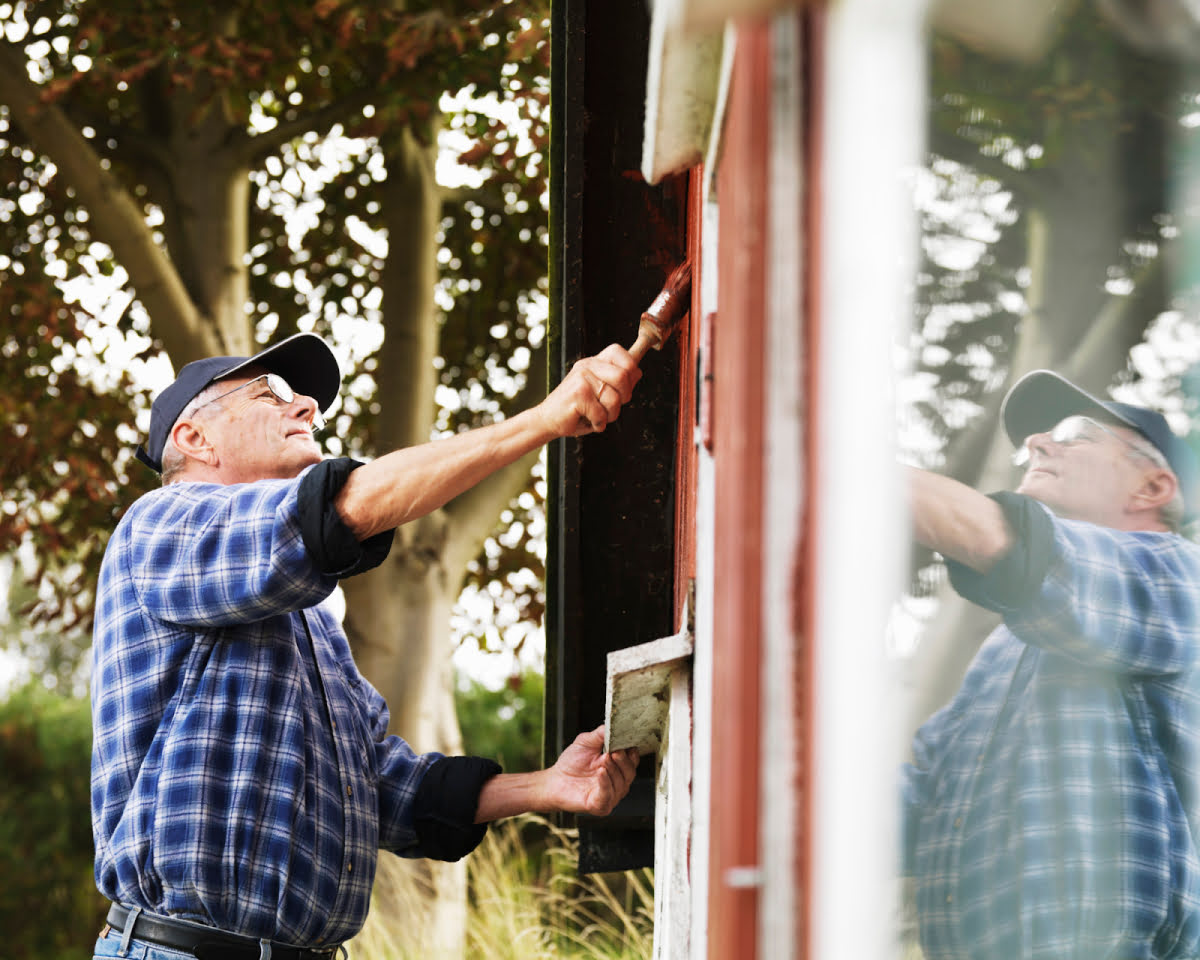
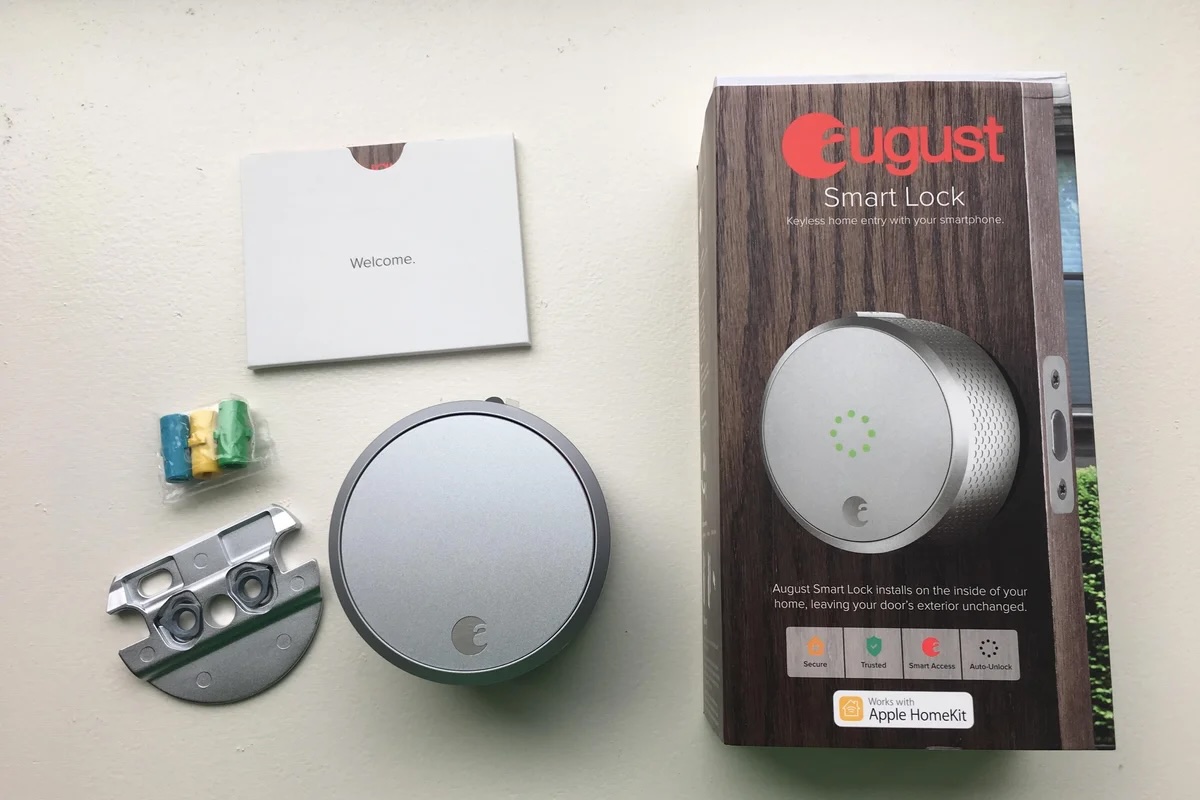
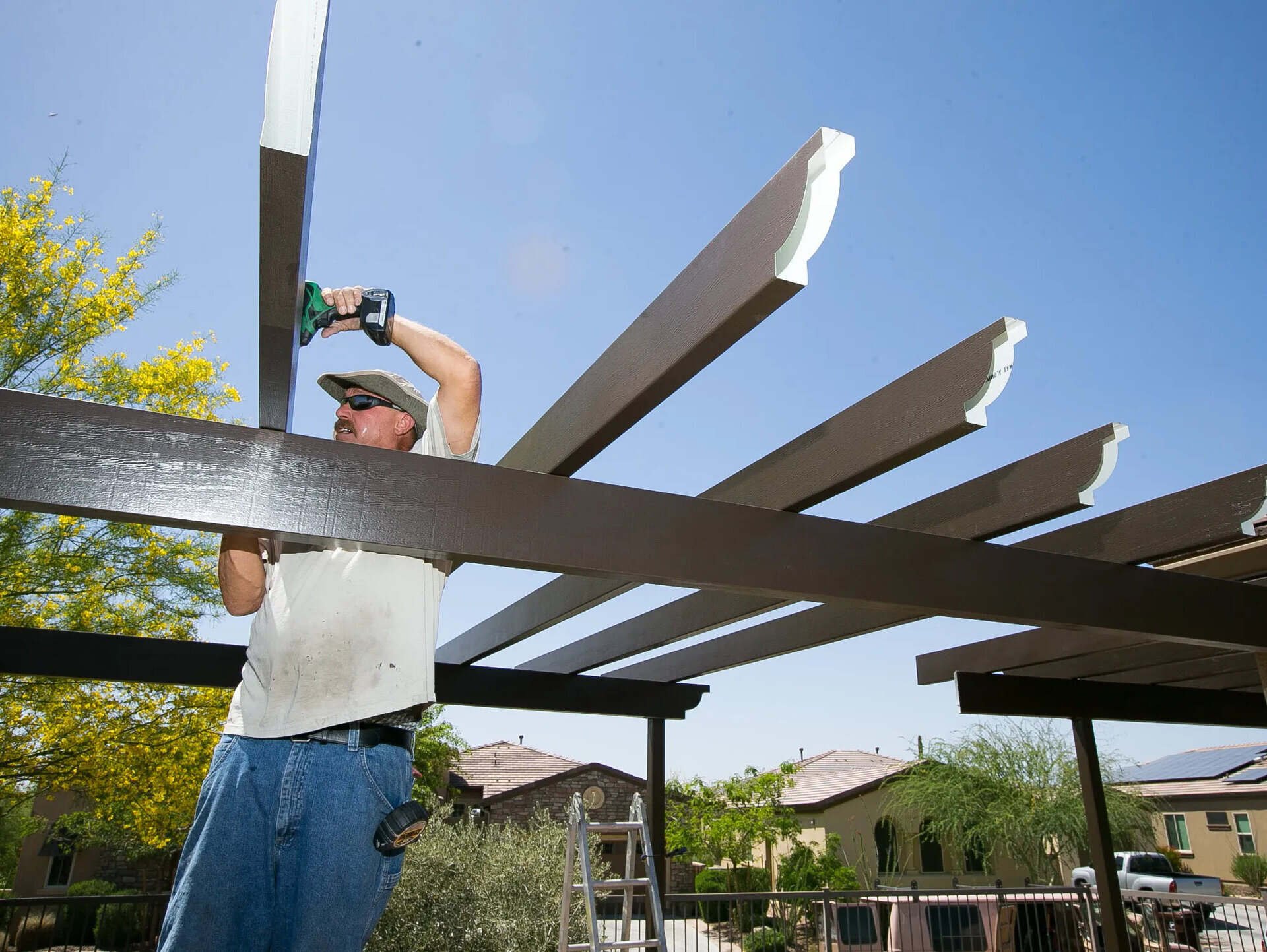
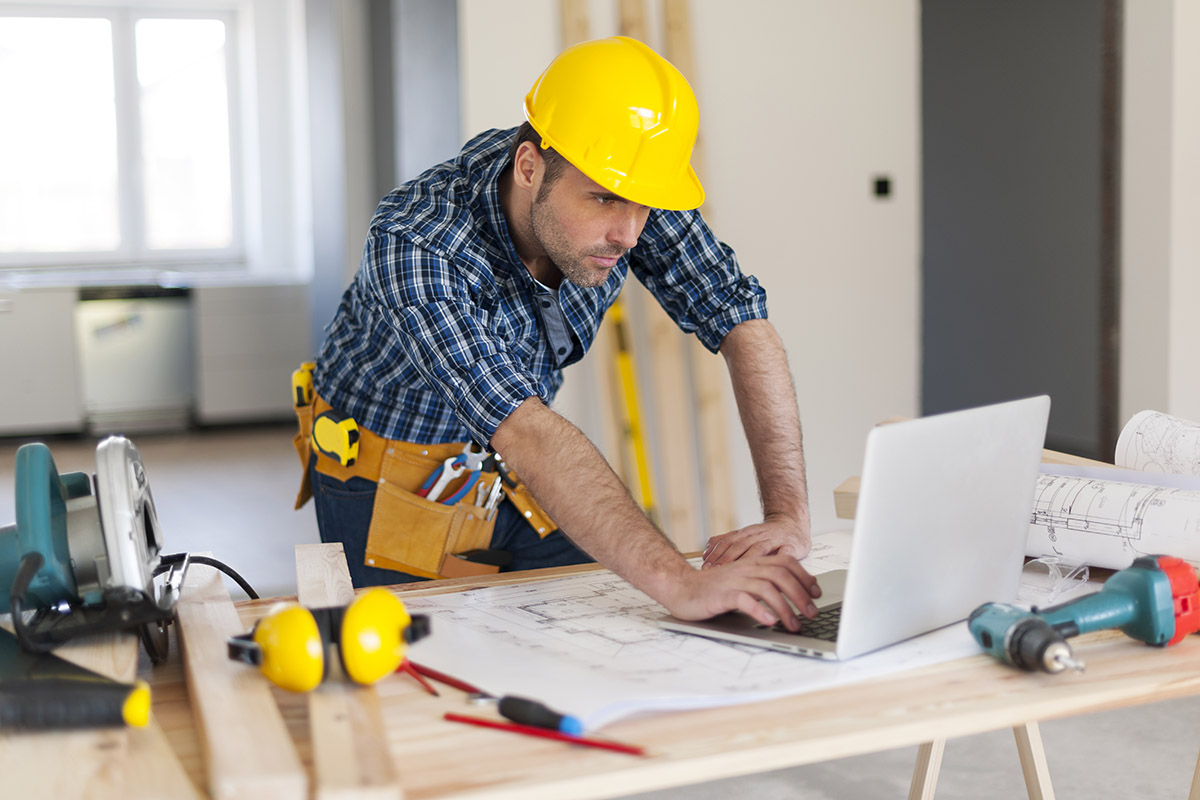
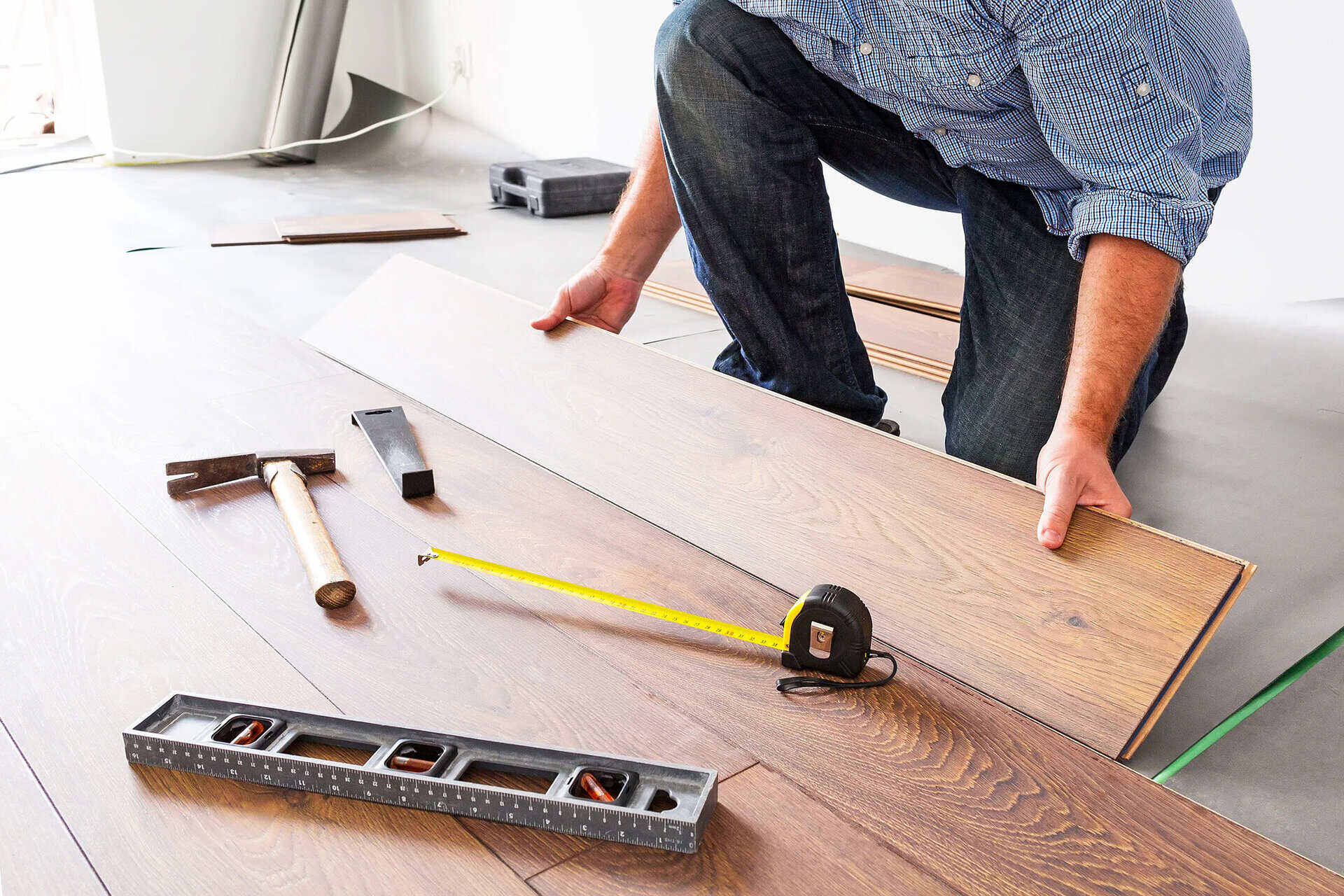
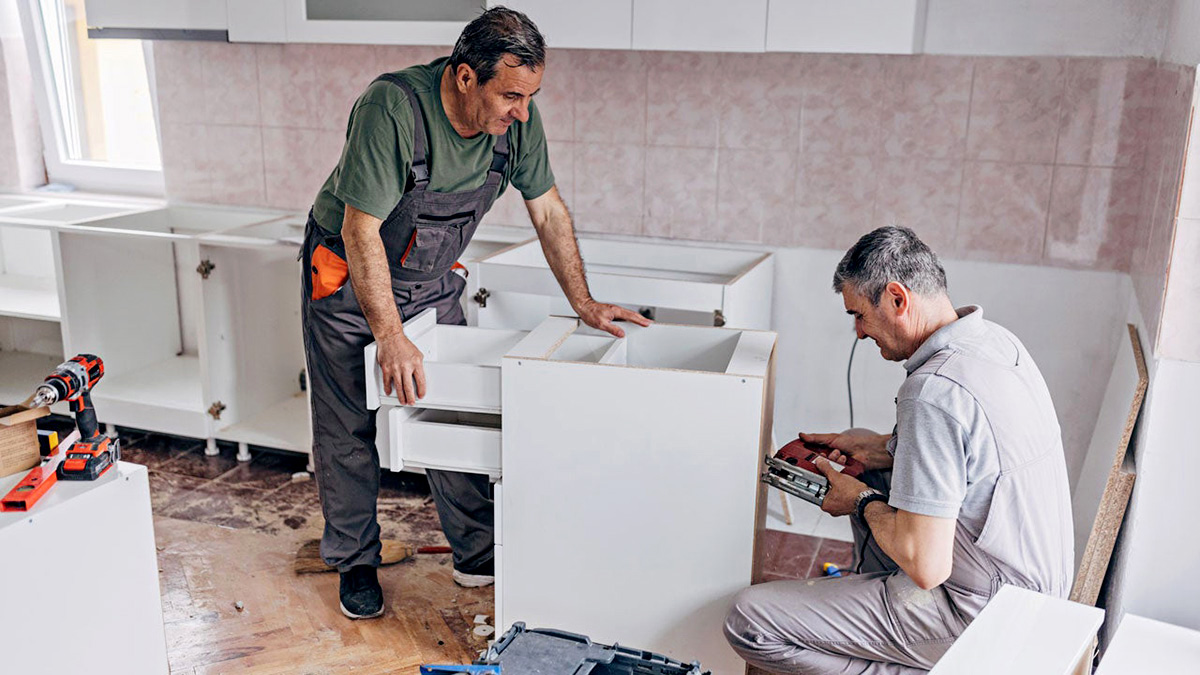

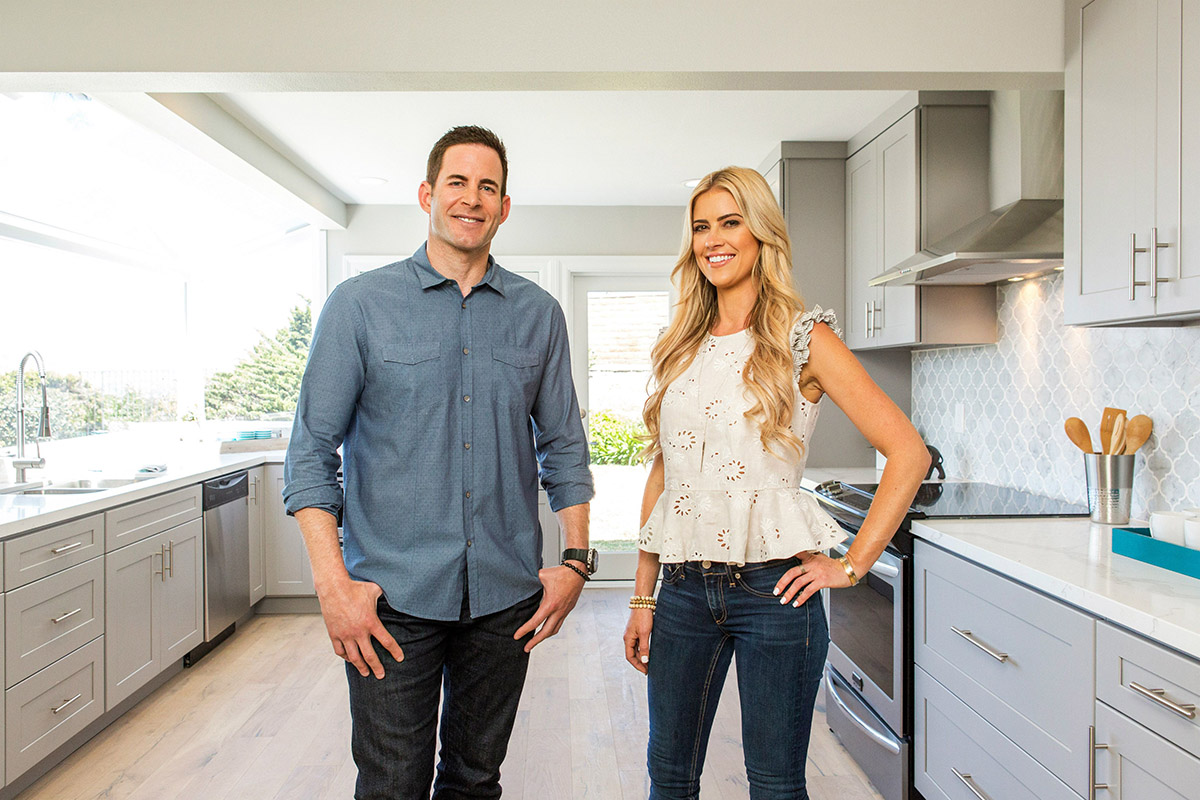



0 thoughts on “What Are The Employment Requirements For Getting A 2nd Mortgage For Home Improvements?”